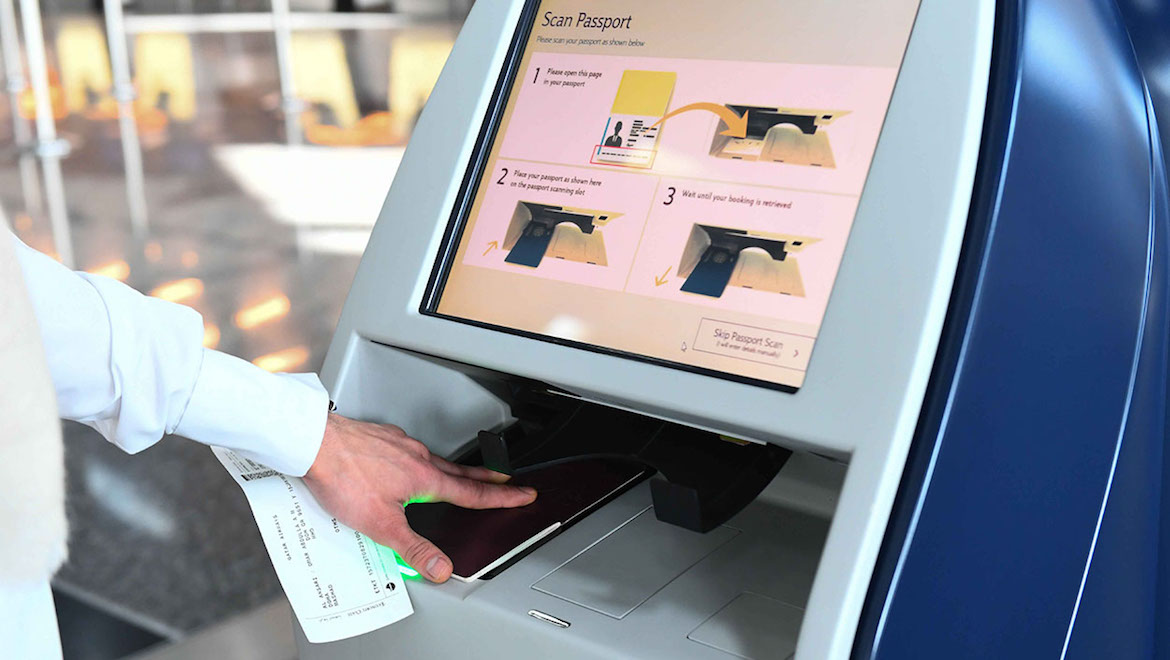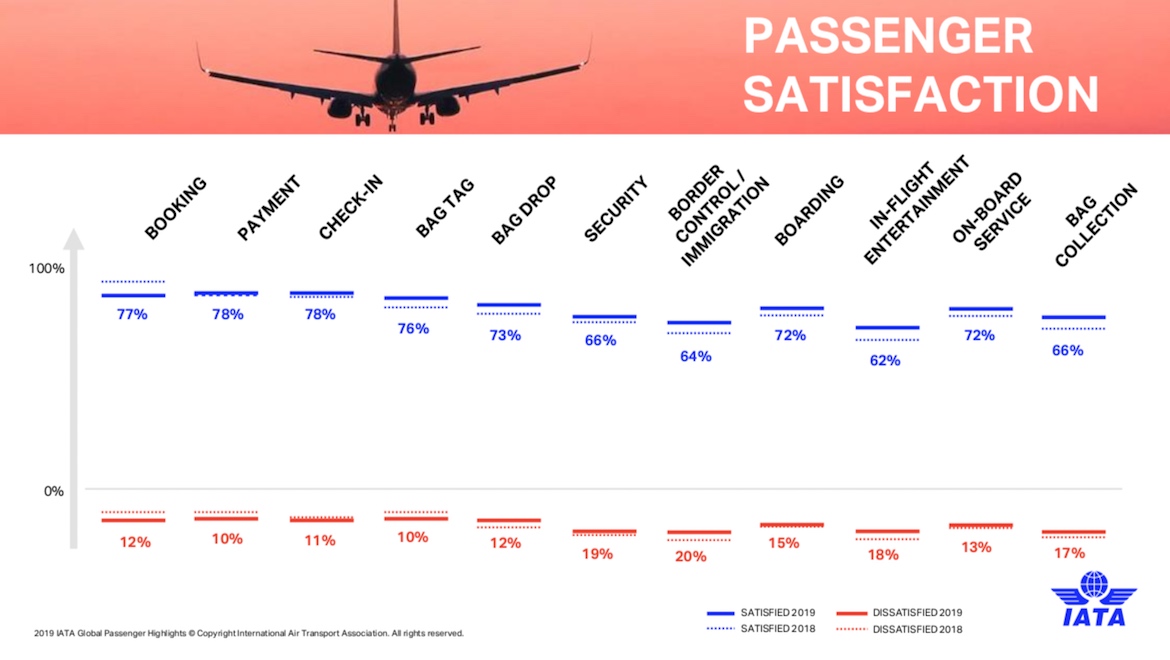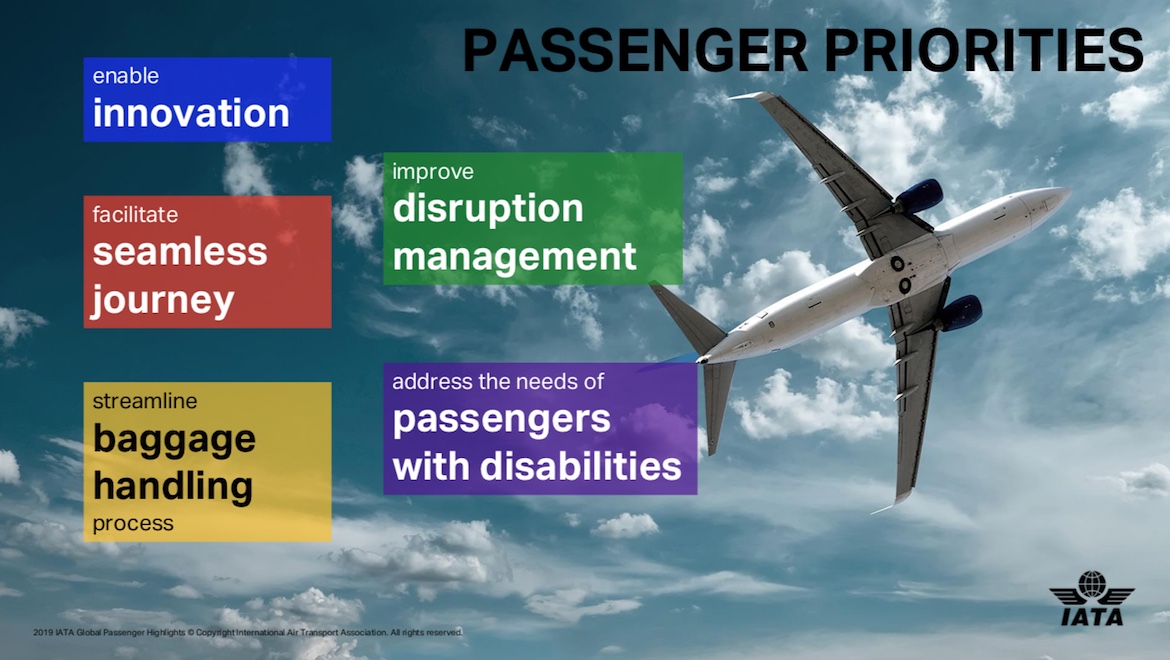
Airline travellers are just like most people – they’re willing to trade privacy for convenience, new figures from the International Air Transport Association (IATA) suggest.
IATA’s 2019 global passenger survey showed 70 per cent of passengers were willing to share additional personal information – including their biometric identifiers – to speed up processes at the airport.
This figure increasesed with the number of flights taken per year, with the highest support (76 per cent) among fliers who travel for business more than 10 times a year.

Biometric identifiers include such physiological data as fingerprints, facial recognition, DNA, and iris and/or retina recognition.
However, data breaches have become commonplace in today’s world, with massive new thefts announced regularly.
And privacy experts warn that biometric data is uniquely vulnerable to privacy breaches – unlike user-names and passwords, biometric data can’t be changed if stolen.
So once the information is collected or compromised, it’s not like stolen credit card data where a new card can be issued and the old one cancelled – you can’t issue new fingerprints or retinas.
These identifying features can be used not only by criminals looking to make a purchase on your credit card or take out a loan in your name, but also by governments wanting to identify and persecute people.

Despite this, almost half of all passengers surveyed would like to do away with passports altogether, preferring to use biometric identification, while a third would prefer this method for boarding identification.
However, not all passengers were keen to trade away their privacy in the name of convenience.
“Passengers are willing to share more personal information if it removes hassle from their travel experience, but it’s clear that concerns over data privacy remain,” IATA director general and chief executive Alexandre de Juniac said in a statement on Wednesday (European time).
“While the majority of passengers want to use biometric identification instead of a paper passport, 53 per cent of those that did not said they were concerned about the security of their data.
“Passengers need to be confident that their data is safe.”

The IATA has a project (One ID) which aims to create a paperless airport experience for passengers where they can move from curb to gate using a single biometric travel token such as a face, fingerprint or iris scan.
The survey also showed that, for the first time, most people used an app to checkin. Passengers also wanted to use their personal device to control more aspects of their travel journey from booking to arrival, including keeping track of their baggage and information on the status of their flight.
Passengers would also like information to help them plan their passage through the airport, saying wait times at security and border control and customs would be useful.
The IATA 2019 global passenger survey comprised responses from 10,877 responses from 166 countries. Of those, 60 per cent were male and 38 per cent female. Two per cent of respondents did not disclose their gender.















